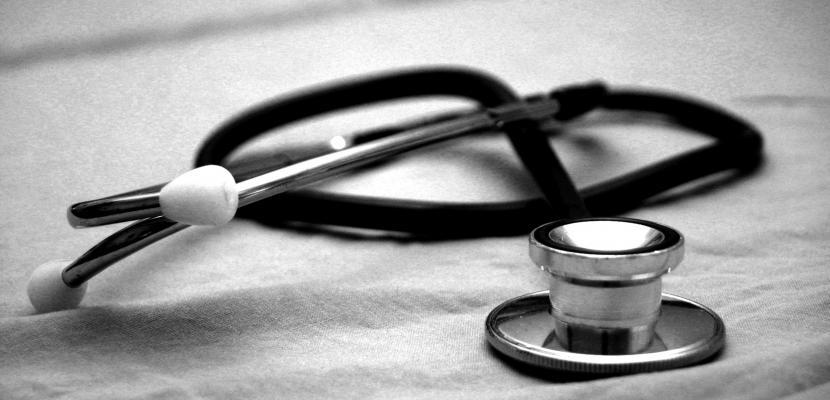Image

Deinstitutionalisation and development of coordinated psychiatric care in Babiński Hospital
Published on 24 January 2020

Poland
Małopolskie
This is the good practice's implementation level. It can be national, regional or local.
About this good practice
Babiński Hospital has created system solutions for the de-institutionalisation and development of coordinated psychiatric care, including preventing hospitalization of patients and supporting their return to society. For this purpose, it has launched a model of comprehensive care for people with mental disorders, including: mental health centres, patient social support and transfer of knowledge. These Mental Health Care Centres have its catchment area and take care of residents of Kraków, Myślenice and its district, Skawina and its municipalities, and Miechów and its district, and in this way including both inner city and urban-rural areas. Each centre consists of inpatient care, day unit, outpatient care and community mental health services. In addition, the patients are provided with specialist units, emergency room and an occupational therapy centre which offers a wide range of rehabilitation (treatment through art, cooking, sewing and ceramic workshops, computer workshops, and a library). At the same time, the hospital have active cooperation with non-profit organizations, thatprovide patients with protected housing (Deca Foundation) and workplaces (Kobierzyn Social Cooperative), and it expand its offer. In addition an Hospital Education, Research and Development Centre trains future medical staff, supports other medical entities in the area of implementation of these solutions and engages in educational activities of a supralocal character.
Resources needed
Hospital staff – a transfer of employees to outpatient treatment from 92 to 116, an in specialist units from 364 to 443. Financial resources – an increase in annual contract value for outpatient treatment from approx. PLN 5.5 mln to ab. PLN 12.4 mln. Management oriented for the project.
Evidence of success
Reduction in stationary hospitalizations per year from 5452 to 3409.
Reduction in the number of psychiatric units from 11 to 6, by increasing the number of specialist units from 4 to 7 and outpatient treatment center from 4 to 9.
An increase in the annual value of the contract in the field of outpatient treatment.
Cooperation with NGO’s: 4 protected housing units for 16 people and 19 jobs places.
Obtaining the status of a clinical hospital for training medical staff.
Reduction in the number of psychiatric units from 11 to 6, by increasing the number of specialist units from 4 to 7 and outpatient treatment center from 4 to 9.
An increase in the annual value of the contract in the field of outpatient treatment.
Cooperation with NGO’s: 4 protected housing units for 16 people and 19 jobs places.
Obtaining the status of a clinical hospital for training medical staff.
Potential for learning or transfer
The implementation of the proposed model will result in reducing the time and number of psychiatric hospitalisations as well as the number of stationary units, in favour of increasing the potential of outpatient treatment. Patients have their care in their own social environment and they benefit from shorter periods of incapacity for work. The involvement of patients and their families in the process of coordinated care results in the strengthening of family bonds. Thanks to the described processes it is possible to secure the deinstitutionalisation process and move toward a coordinated psychiatric care model. The transformed hospitals should have centres covering: emergency medical aid, non-hospital treatment, home treatment, daily and hospital care; supported by specialist units. In addition, it is recommended to continue the active cooperation with non-profit organizations in those areas not available for hospitals and the optimization of future medical personnel training.
Further information
Website
Good practice owner
You can contact the good practice owner below for more detailed information.
Organisation
other

Poland
Małopolskie
Contact
Medical Director